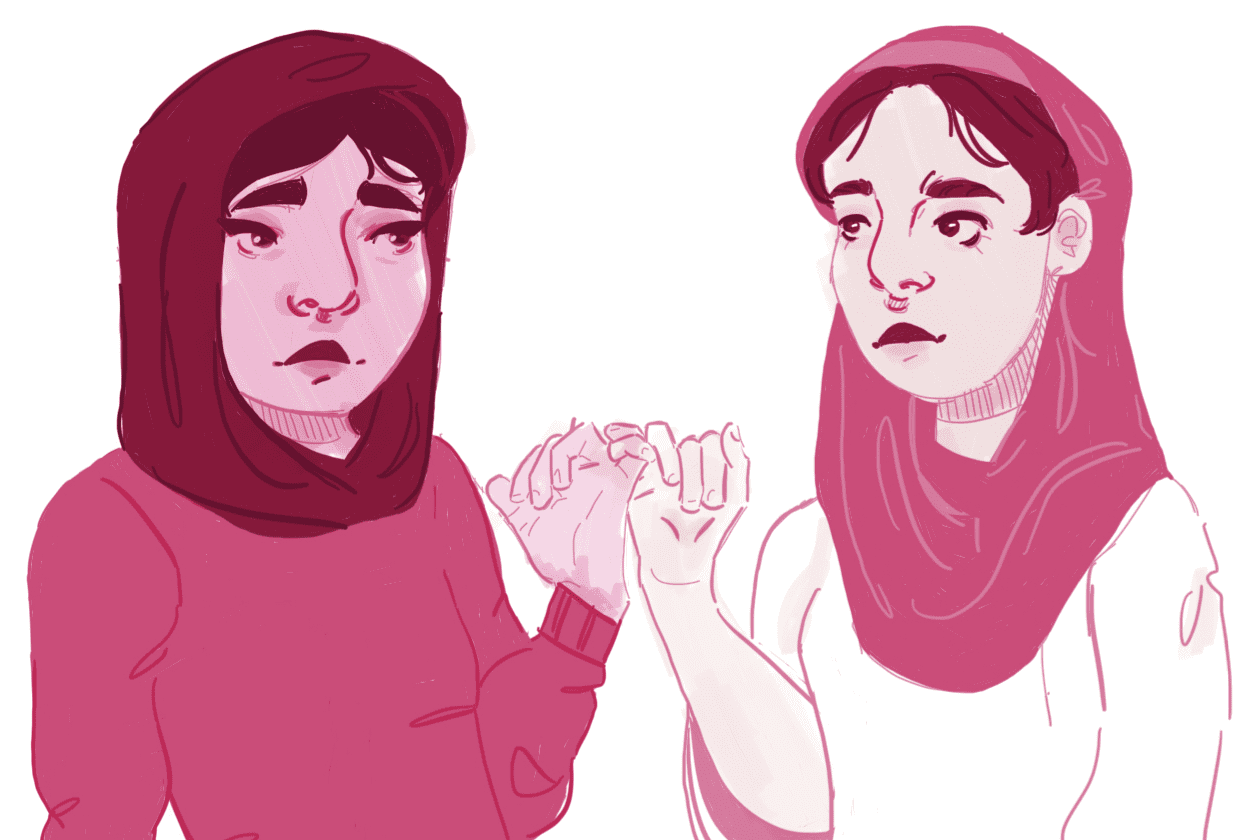It persistently emanates from everything around them. The short trading hours, the fixed prices at the store. The quiet streets, the red lights at every intersection. The quiet congregations, the unfamiliar neighbours. The October Labour Day, and the 24-hour long flights.
Attempting to forget it all, they find it easier to remember.
Easier to remember was, and habitually comparing it to what is. Absorbing, as a foreigner, what Italo Calvino calls the ‘foreignness of what [they] no longer are [and what they] no longer possess’.
The term el-ghorba is one that every child of the Arab diaspora has heard. Literally, the term translates to ‘estrangement’ in English, but to adopt this modern definition would be to overlook the word’s nuanced background and encapsulation: nostalgia that is intermingled with trauma and hopeless optimism.
Firstly, el-ghorba stems from the word gharb, which means West, both directionally and geographically, and interestingly, somewhat aligns with Arab migration to the developed Western World, especially in the twentieth and twenty-first centuries. I say somewhat, because Arab lands have also been a place of el-ghorba to expatriates, merchants, explorers, and Arabs themselves.
Simultaneously, gharb echoes the verb ghuroob (‘to set’), while its antithesis, sharq, is related to shurooq (‘to rise’). In this way, it as though el-ghorba was devised to refer to the process of becoming philosophically distant when travelling to faraway Western lands – the ‘setting down’ of one’s light (i.e., rich cultural history, ideals, and practices). The veracity of this is arguable; foreignness can undeniably broaden one’s horizons and outlooks through exposure to different ways of life and paradigms. While this can enable one to challenge their existing practices and embrace new ones, it can also allow one to reaffirm their ways. At the same time, those who have travelled abroad, often out of necessity, can sometimes lose sense of their origins, and perhaps this is truer for first- and second-generation immigrants.
For el-ghorba is not only felt by the foreigner, but also their children. In the latter, the sentiment is not so much a yearning for what used to be but rather a musing on what could have been: wise words from their grandparents, staycations where the hotel booking wasn’t just two bedrooms, the ability to grasp their relatives’ tongues, and not having to explain oneself when ordering a special meal. But that’s not possible. Because unlike Santiago’s travel to the exotic lands which was fuelled by his personal, worldly desires, their family’s migration to the West was maktub. And so, the children are suspended in a liminal space between their present homes and ethnic backgrounds, attempting to harmonise the dissonances echoing from their surroundings.
Yet, for both of these generations, el-ghorba culminates in the same way. At its core is a familial lacuna: the loss of family as felt by the parent, the desire for family as felt by the children. It is only through reconnection – reuniting with one’s loved ones or meeting one’s extended family for the first time, respectively, that this feeling of exile is neutralised, albeit temporarily. The return to one’s original/ancestral homeland engenders another nostalgia: the desire to return to the familiar feeling of foreignness – be it the odd trading hours, tranquil gatherings, or solitary staycations.





